Objections to Expenditure Tax:
The expenditure tax has been criticized on several grounds. In the first place, expenditure is difficult to assess. Expenditure is made on a number of items and cannot be obtained directly. The items on which it is levied are not known to anybody and hence, cannot be verified. It is determined indirectly as the difference between money incoming and outgoing.
Secondly, it has also been pointed out by Sir Joisan Stampe that a man needs to spend only a small part of his income. And “If a man is so rich that he finds it is hard work to spend his money and he accumulates almost without any effort on his part, is there any reason why his taxation should be restricted to his expenditure.” Undoubtedly, there is some weight in this argument. But, this difficulty may be overcome, if expenditure tax becomes part of an integrated pattern in which income and other taxes also play a part.
Thirdly, expenditure tax may increase inequalities in the distribution of wealth as it encourages savings. But if the expenditure tax is levied in combination with property taxes, the effect may be that while savings are encouraged, (by the expenditure tax) large fortunes may not be built up because of property taxation.
Fourthly, if the expenditure is taken as the bases for taxation, persons under different economic circumstances having the same expenditure are liable to pay the same amount of tax, The argument has considerable weight since the person with extra expenditure will suffer twice, directly from the extra expenditure and indirectly because of that tax levied on the extra expenditure.
A poor man, because of his large family, may have a higher expenditure than a rich man. Hence, the burden of tax may be higher on the poor than that on the rich. Thus, the tax may have regressive effects. Hence, there would be a greater need for adequate provision for the needs of poor families under the expenditure base than under the income base.
Fifthly, expenditure tax has been criticized on the grounds that it treats everyone equally irrespective of tastes, habits, and temperaments. Other things being the same, a man who is habituated to spending little may come out successful in avoiding a part of the tax, while the other who spends lavishly, may be subjected to heavy taxation under expenditure tax. But under income tax, both will be treated equally. It means that misers will be placed in a better position under expenditure tax than under income tax. However, it is very difficult to take into account the peculiarities of an individual and his temperament.
Sixthly, the tax has been objected to on the ground that it is not a suitable tax during the period of depression, as it curtails expenditure and encourages savings.
Finally, the tax has been objected to on the ground that it is not feasible to implement such a tax because of its difficult administration. Assesses may have to maintain complicated accounts, and family circumstances have to be brought into the knowledge of revenue officials to seek justice, thus, the tax may be subject assesses to harassment by revenue officials. We, however, consider it a good tax on the theoretical plane, but its practical application has been doubled even by those who supported the tax. Expenditure tax can be shown as superior tax to income tax from the point of equity, incentives, and economic efficiency, but on practical grounds, it is in no way superior to income tax. Moreover, expenditure tax is more complicated and cannit be successful by itself alone.
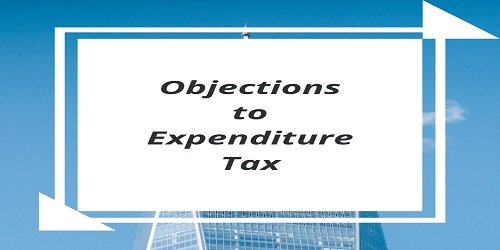

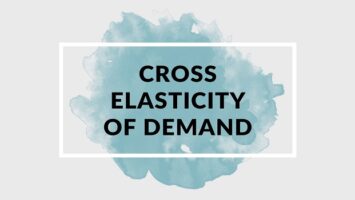
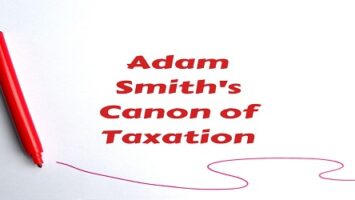
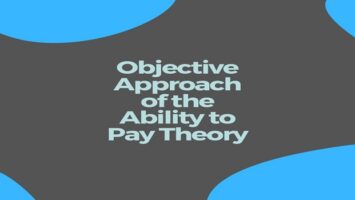
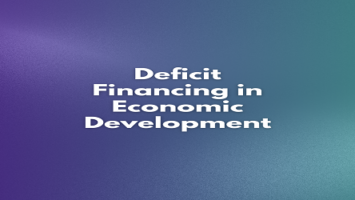
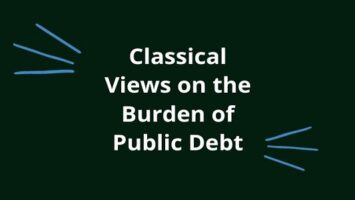

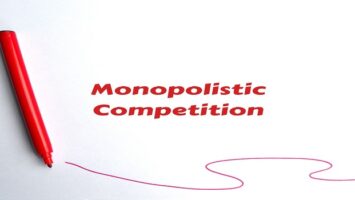
Comments (No)